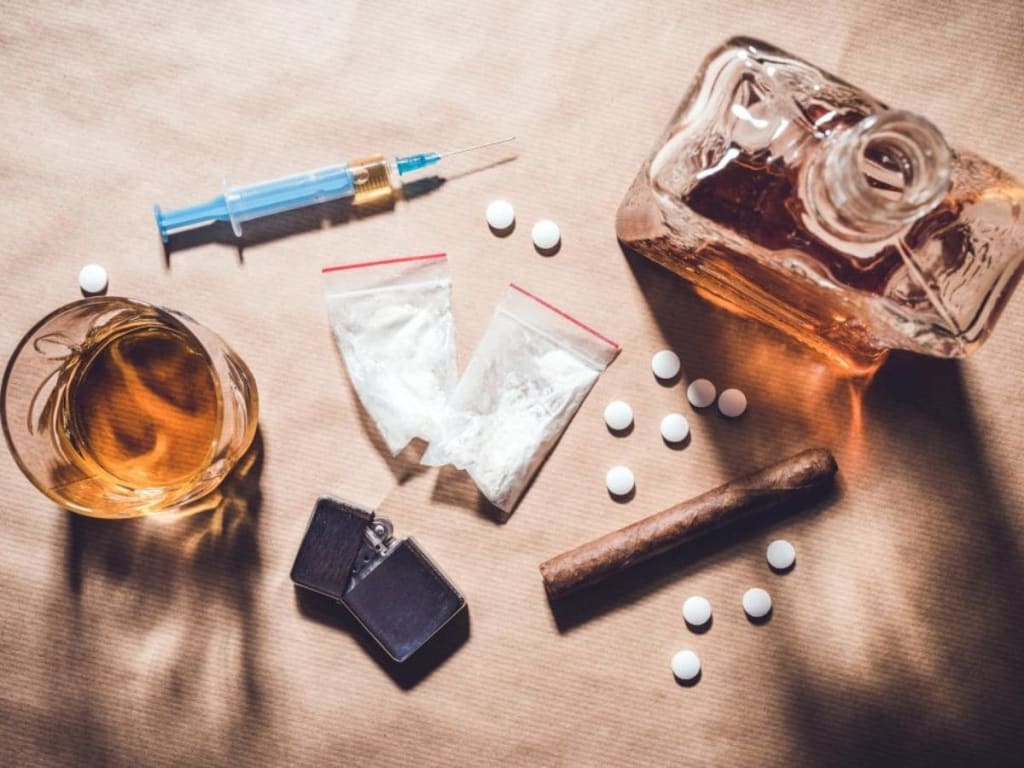
Addiction is a biological disease, and it's not uncommon to find a family member or friend with a history of substance abuse. It's also possible to have epigenetics, a gene-expression mechanism that controls gene expression. Genetics are a strong risk factor for developing addiction, but environmental factors are also a big part of the equation. If you have a genetic predisposition to the disease, you may be at greater risk than if you were simply genetically blessed.
When you seek medical treatment for substance abuse, a licensed substance abuser will ask you questions about your substance use, any family history, and whether or not you have ever had any mental health problems. It's important to be honest with your doctor, because being completely honest can help them diagnose your condition. Depending on the severity of your addiction, you may receive medications or therapy for co-occurring disorders. Your healthcare provider will also ask you to submit to blood tests in order to rule out other underlying health problems.
If you suspect that you have a substance abuse problem, you may need to see a healthcare provider. Your doctor may ask you questions about your substance use and how it affects your life. Your provider may want to get to the bottom of why you're using substances. If you're feeling depressed or angry, you might want to consult with a therapist who can help you deal with your addiction.
You may feel isolated during the treatment process, which makes relapse more likely. Your healthcare provider may want to consult with your 12-Step group or recommend an addiction treatment program. It's crucial to recognize relapse, and never be ashamed to seek help. Don't be afraid to ask for help. It's possible to recover from addiction, but you must know that the road is long and difficult.
During the early stages of addiction, you may feel isolated. You may experience personal and financial problems. Your relationships with family and friends will suffer. You may be ashamed or embarrassed to seek help. You can even get help. If you are feeling lonely or afraid of your recovery, don't wait for an addict to ask you for help. He or she will likely be able to offer you the support you need.
First, you must recognize when you're at risk of relapse. Many people with addiction experience emotional relapse before they even consider using again. If you're suffering from this disease, you're most likely isolated, and you can easily feel isolated and depressed. The best way to recognize a relapse is to be honest with your loved ones. If you're afraid to share your feelings, don't be afraid to seek help.
Once you've identified the warning signs of addiction, you can seek treatment. In addition to physical withdrawal symptoms, the person is likely to have a wide range of psychological issues. The person will not stop their behaviors, even when they recognize that they're at risk. It may even lead to suicide. Ultimately, they'll need to be treated to stay alive. There's no reason to suffer if they're not suffering from this disease.
Addiction often unfolds in stages. Early stages differ from later ones. The brain's response to drugs and alcohol can alter normal neural processes in the brain. It can make a person anxious, irritable, and stressed, and will eventually cause a person to relapse. Therefore, it's important to identify the warning signs of addiction and seek treatment. This can save the life of a person suffering from an addiction.
The brain is the most affected part of addiction. Excessive drug use triggers a high in the brain, and the body produces more of it over time. However, over time, the brain can become accustomed to the drug, and the addiction can lead to an uncontrollable cycle. So, when you suffer from addiction, it's important to seek help immediately. If you're an addict, it's important to get help.





Comments
There are no comments for this story
Be the first to respond and start the conversation.